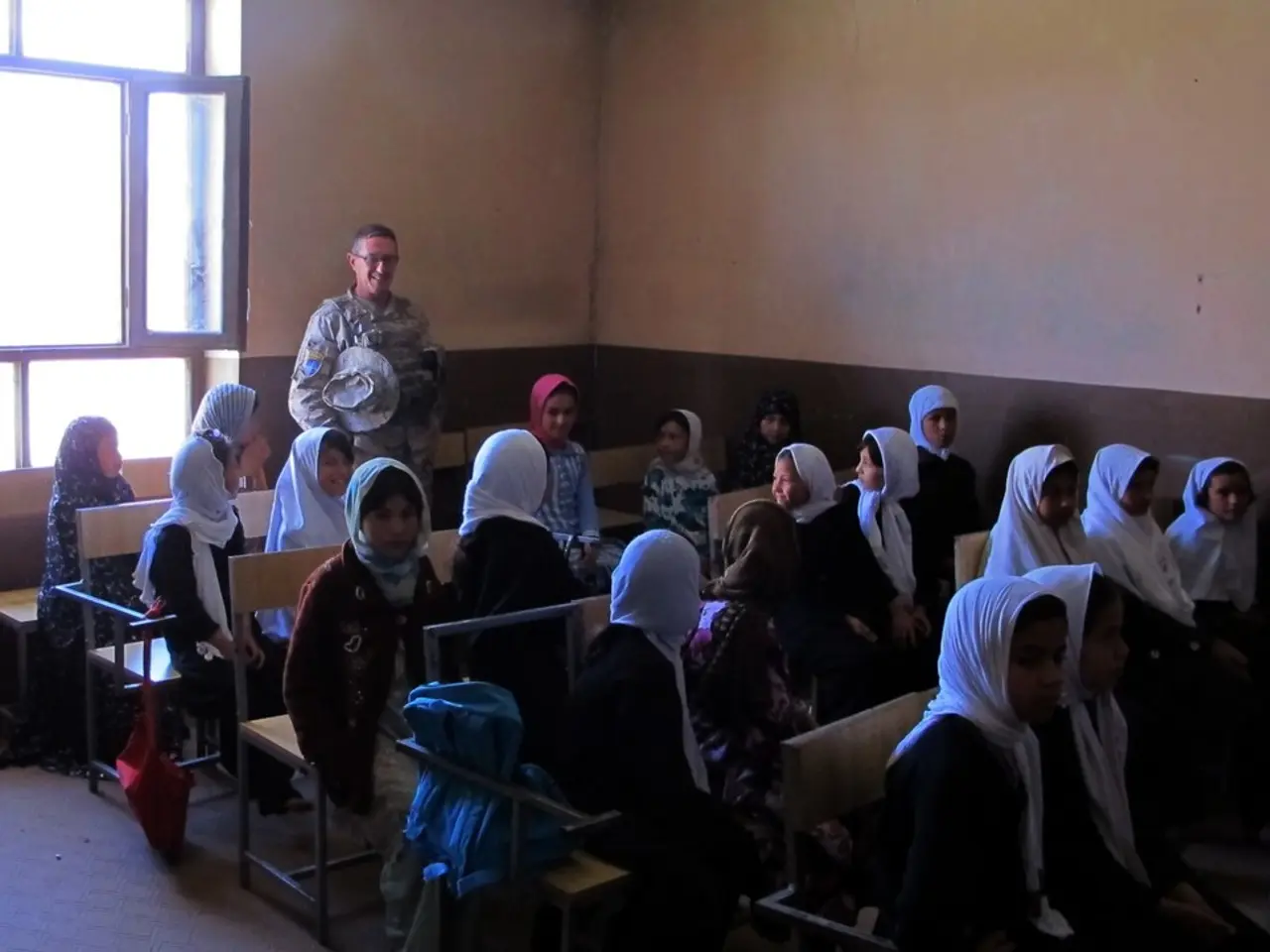Transforming Learning's Four Results and Strategies for Achieving Success
Transformative learning, a pedagogical approach that emphasizes perspective change and worldview shifts, is gaining traction in educational institutions worldwide. This process, rooted in experiential education, holds the potential to foster an understanding and appreciation for human diversity.
The foundation for experiential education was laid by psychologist and educational theorist John Dewey, whose theories of Experiential Learning form the basis for the possibility of transformative learning. Another key figure in this field is David Kolb, who further set the stage for this holistic and integrative pedagogy.
Transformative learning is not a one-size-fits-all process. There are various ways to facilitate it, such as encouraging students to share their backgrounds, opinions, values, and beliefs. This open dialogue helps students to understand and appreciate the rich tapestry of human diversity.
One of the desired outcomes of transformative learning is the encouragement of students to find common ground after debates. This fosters empathy and human connection, transforming students into more compassionate and understanding individuals.
Class time is strategically allocated for reflection, allowing students to process complex material and topics. This deepens their capacity for confidence, knowledge, and gratitude, making them more engaged scholars and professional citizens.
Transformative learning is approached as a lived experiment to empower the learning experience. It guides students to understand their values, beliefs, and perspectives, helping them to expand their learning potential.
Service learning programs, which focus on community service and international opportunities, can be a good fit for students seeking to make a difference. These programs not only offer practical experience but also contribute to the development of leadership capacities through transformative learning.
Organizing debates, projects, or course focuses on teams holding starkly different positions can help students engage with each other and respect one another. This dynamic environment encourages the development of students' communication skills, both written and verbal, through presentations, interviews, essays, and comparative pieces.
It's important to note that transformative learning is a habit of mind, not just an accomplishment or outcome. It's a continuous process that empowers students to adapt, grow, and make a positive impact in a diverse and connected world.




